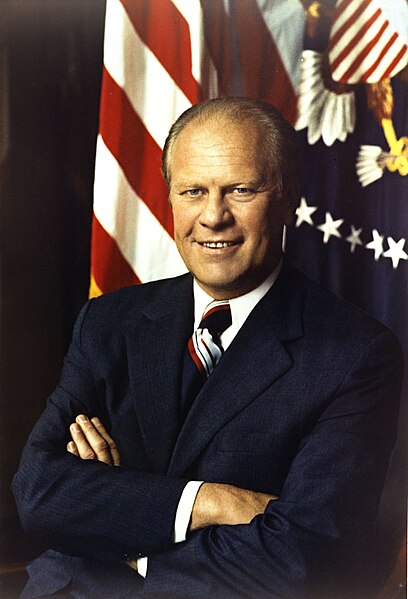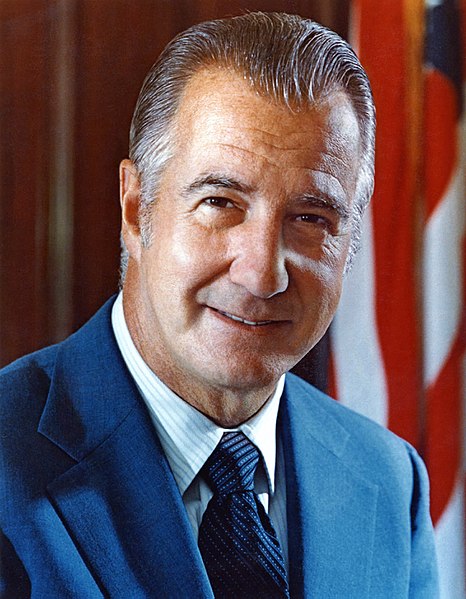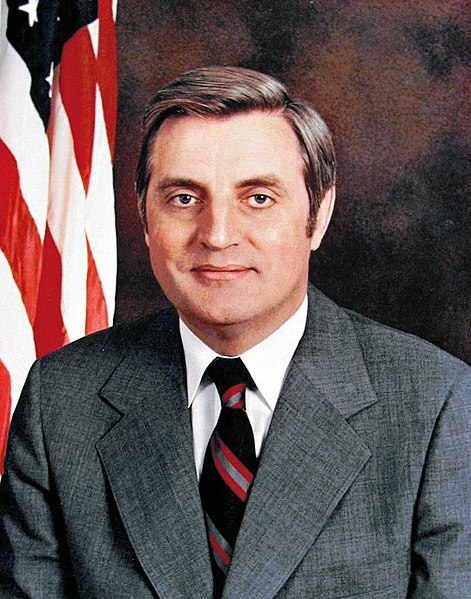Walter Mondale
Democratic
1985-1993
Walter Mondale had previously been known as a stalwart ally and supporter of former president Hubert Humphrey. However, following his narrow victory over President Agnew, Mondale was determined to be seen as his own man, and to move out of Humphrey's shadow.
As president, Mondale was known to be stiff and uncharismatic. Though he was elected by a majority of the American people, he was not well liked, and was often seen as "a big bore", according to MSN.
Still, Mondale persevered. The Democratic majority in Congress that Agnew had had to deal with had remained in power after the 1984 elections, and President Mondale was able to continue many of the new taxes without appearing to be a hypocrite. The economy slowly but surely began to recover, and Mondale's popularity rose. Mondale easily won reelection, and continued to have a Democratic majority in both Houses of Congress.
However, President Mondale had to deal with rising tensions with the Soviet Union. The USSR appeared to be winning the Cold War. Pro-American rebels were currently losing a proxy war in Kashmir against the Soviet-backed government, and Mondale was not able to send enough support to the rebels through friendly India. In addition, tensions with the Arab nationalist-socialist states of Egypt, Syria, and Iraq continued to deteriorate, as oil price rose. President Mondale attempted to negotiate an end to the oil embargo and lessen America's dependence on oil from the other oil-rich Middle Eastern countries such as the Gulf monarchies of Saudi Arabia and Kuwait, but failed here as well. Oil prices continued to remain high during Mondale's second term, and his popularity continued to drop.
After handing off the presidency to his successor in 1993, President Mondale retired to his home state of Minnesota, and faded into obscurity. While many people today see him as a weak and ineffectual leader, he is seen as a man who tried his best to do what was right. Mondale was also successfully able to move out of Humphrey's shadow, and gain a reputation as a supporter of human rights, as opposed to Humphrey's erosion of those freedoms. Walter Mondale remains out of politics today, and only makes occasional public appearances.



